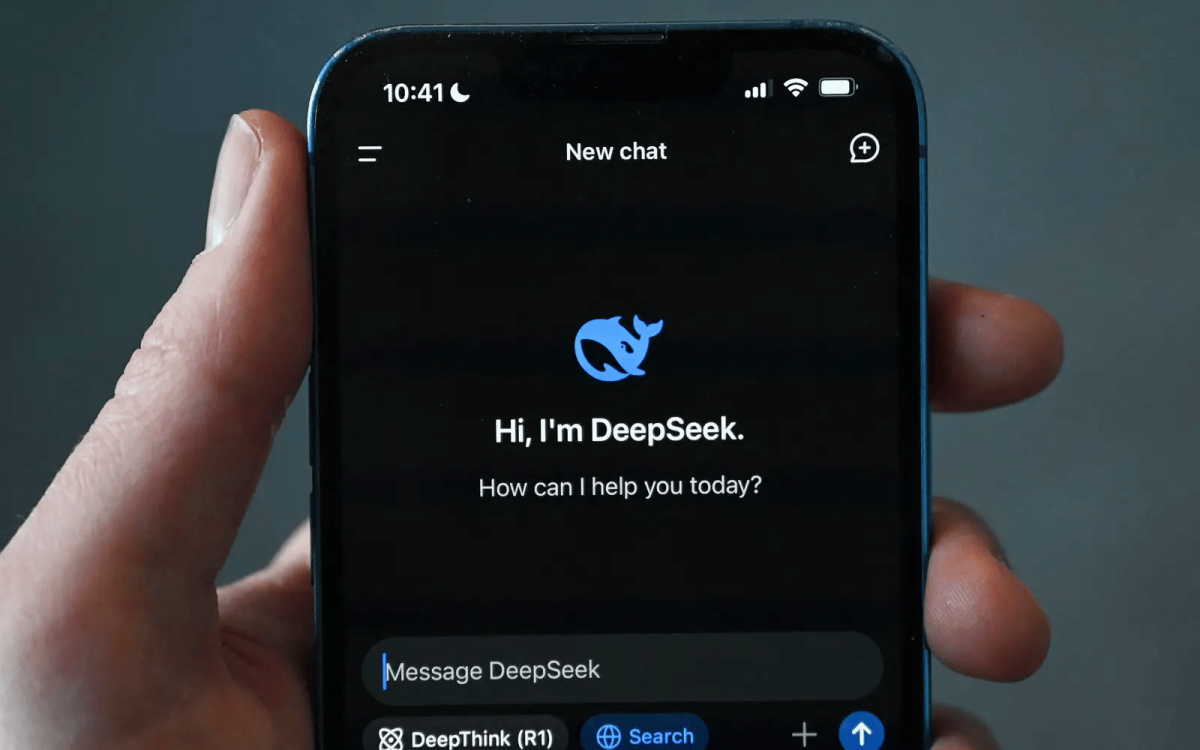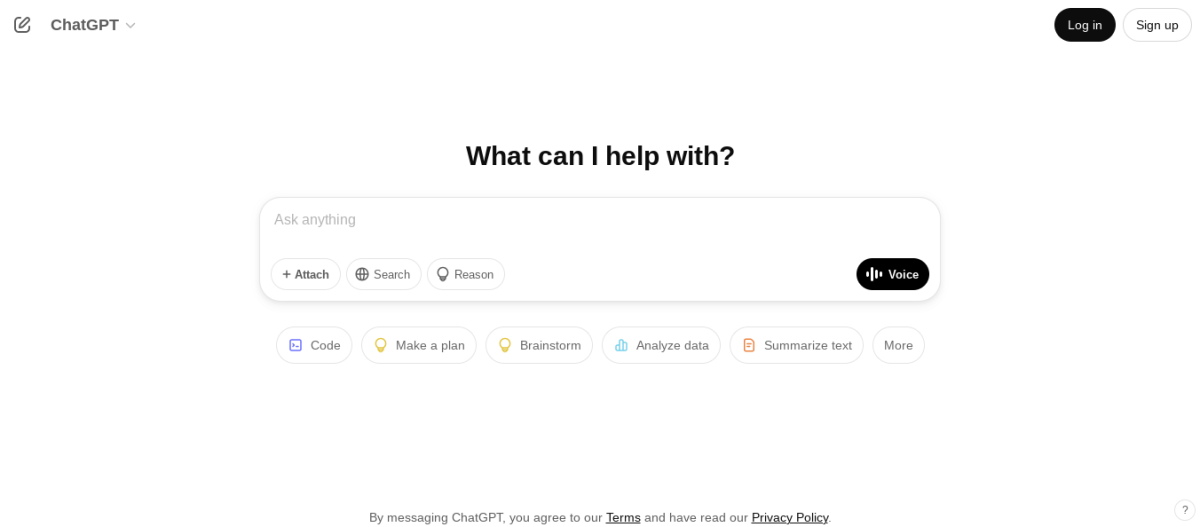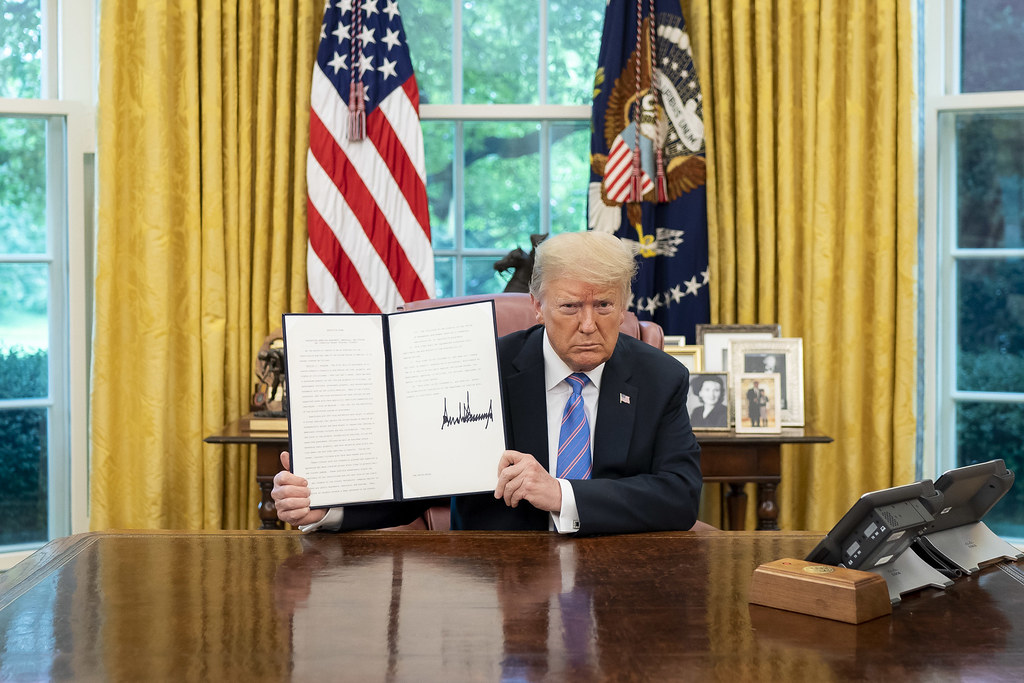At its best, Artificial Intelligence (AI) is a tool, not a final product. To consumers, it can be used to enhance daily productivity across all aspects of their lives. To corporations, it can be used to increase daily profits across all aspects of production and operation. Both uses are valid and have potential to better the whole world.
However, if corporations require consumers to use their version of the tool in order for them to make that profit, then there is an inherent motivation for them to promote it intensely over all alternatives, even superior innovations. This is especially true when such an innovation is released as an open source, essentially free option.
This motivation was further heightened by the existing social and political tensions between the United States and China. China is home to the hedge fund known as High-Flyer, who owns and operates Deepseek and all of its data centers.
When Deepseek’s latest version, Deepseek-R1, was released on January 20, the CEOs of America’s leading tech companies quickly came together with the administration of President Donald Trump to evaluate the concerning competitor.
This group was including but not limited to:
Among the president’s slew of bills introduced during his first month in office are many which attack the AI tools and social media apps owned by these very CEOs, forcing the government play a bigger role in all manner of privacy and data laws.
By gathering around Trump’s political dominion, reports are suggesting that these CEOs are pandering to the President’s many future demands in an effort to protect their business interests from Chinese attempts to control the market.
This move was understandable, especially for someone like Jensen Huang of Nvidia, whose company experienced a significant stock sell-off of nearly $600 billion in market value in the week following Deepseek’s release. Nvidia, which focuses not on AI models but on developing high-end graphics processing unit (GPU) chips, was affected more than any other company due to the large quantities of GPUs usually needed to train these AI models.
Deepseek-R1 was created in approximately 55 days at a cost of just $5.6 million, showcasing an incredible level of efficiency compared to the training of similar AI models. For example, GPT-4, OpenAI’s advanced language model used primarily by ChatGPT, cost upwards of $60 million.
The real problem comes not in this desperate attempt to save profits, which is a given in any capitalist market, but in the underlying political alliances being formed and their influence on the media in regards to Deepseek R1’s release.
National news outlets such as Fox News, Fortune, The Guardian and The World Economic Forum all released pieces around the model’s release discussing one primary issue: privacy concerns.
In these weeks following the temporary ban of social media app Tiktok, Americans are wearier than ever before about the threat of their data being stolen and misused, especially by foreign governments.
Deepseek, as a Chinese tech company, sends all of the user’s input information to a data server in China for computing, storage, etc. While hours of reading both their Terms of Service and their public codebase has only proven they in no way share this data with their government or any other malicious middleman, it could be accessible to them through direct government order or security failures.
Any information input into ChatGPT, or Google as a whole, could be accessed in such a way as well. The only key difference being that OpenAI’s datacenter is hosted in San Antonio, Texas instead of China, making the tool only accessible to the U.S.
What proceeded was a long week of tech illiteracy as people proclaimed themself patriotic for shielding their data from China, and via implication, handing it to our own government and Big-Tech CEOs with pride.
Further articles made headlines for various other supposed issues with Deepseek, primarily focused on censorship. When using Deepseek, topics and events which would be considered taboo or otherwise politically charged in China, such as the discussion of Taiwanese independence, are altered both in its original training data and using post-generation guidelines.
Outlets took these rare encounters with problematic censorship while using Deepseek and ran with them, claiming it to be proof of Deepseek’s loyalty to China and the danger the company posed to the U.S.
“Enkrypt (a bitcoin wallet corporation) described the model as highly biased and susceptible to generating not just insecure code, but also content such as criminal material, hate speech and threats, self-harm material, and sexually explicit content,” said Alex Scroxton, a security editor for ComputerWeekly.com
In reality, Deepseek is required to have these guidelines due to China’s government, and they are not a reflection of the human individuals who actually work at the company and develop the technologies being used. Additionally, many of these guidelines– though not all –are not present when using the downloadable, fully offline version of the tool
“GenAI services need a license to operate, and if found to provide “illegal” content, it must take measures to stop generating such content and report it to the relevant authority, CAC said last year,” said Pascal Davies writing for the Euro News
Other people without clear evidence to support their disdain for Deepseek have cautiously warned about deeper Chinese leaks built within the program, but these worries have been quickly cleared up by a number of individuals across the internet who have taken it upon themselves to sweep the public Deepseek codebase for such dangers and found nothing of concern.
Time and time again, the public fear mongering in regards to Deepseek has been debunked as yet another piece of capitalist propaganda filling the news with views designed exclusively to benefit the wealthiest people on the planet.
While no person, tool or million-dollar corporation is morally pure, especially not those under Chinese communism, it has become increasingly clear since World War II that there is no greater sign of malice within a group than to be caught painting their enemies in a wholly villainous light. To view them without remorse or understanding for the differences separating them.
“We’re losing $500 billion in trade with China. Who the hell cares if there’s a trade war?” Said President Donald Trump during a 2016 campaign speech.
Whether one is American, Chinese, or any other nationality across the world, we are groups of humans brought together by necessity and circumstance. That has always been the source of our success.
If we are ever to advance beyond the pettiness of today and craft a better ending to our shared story, then humanity must work together again– before it’s too late.













